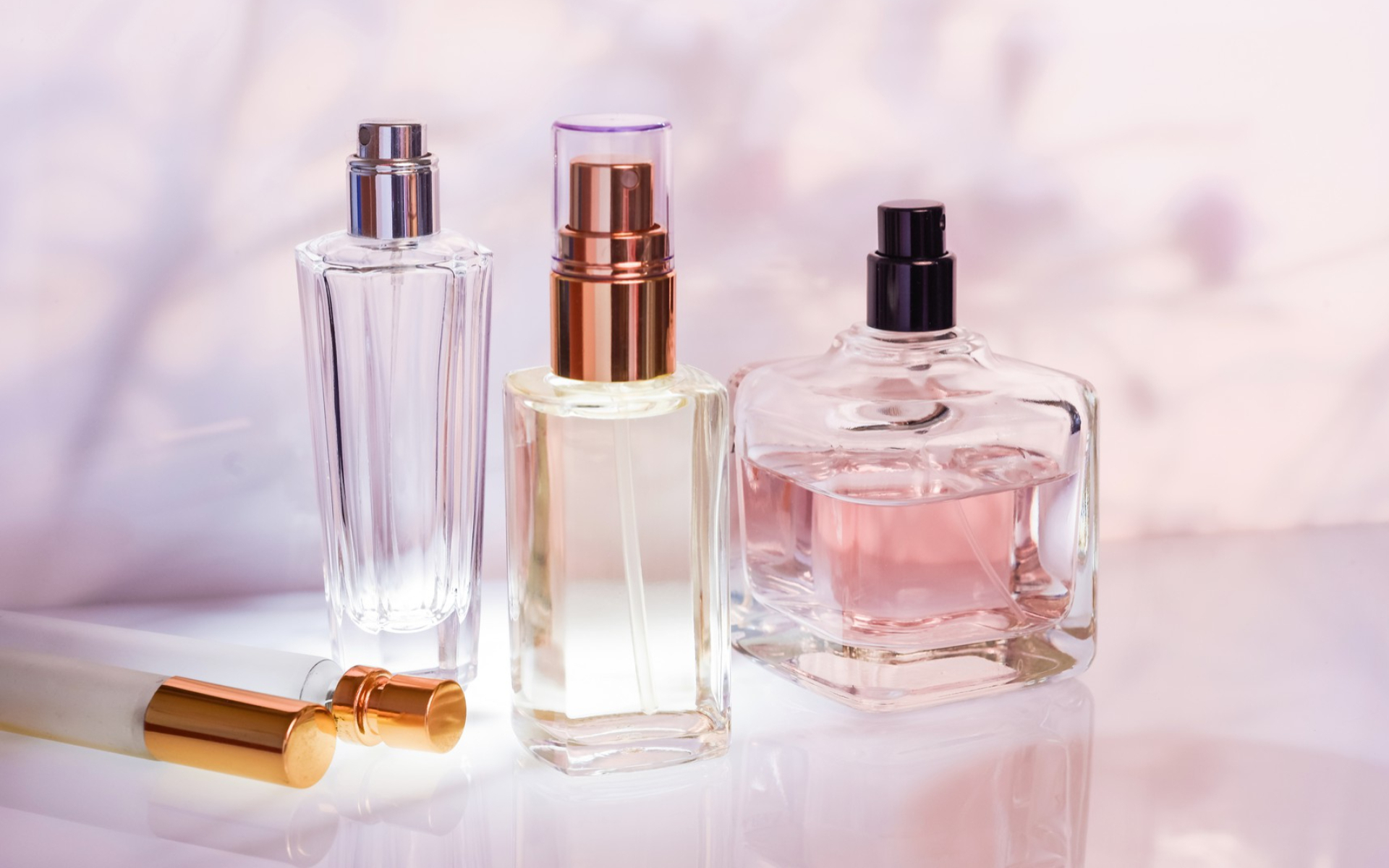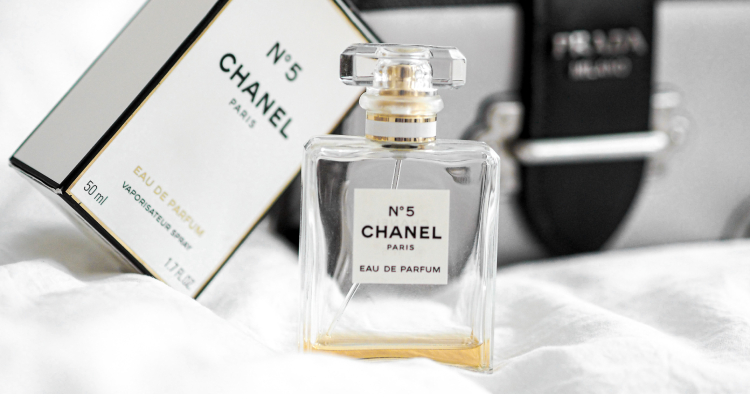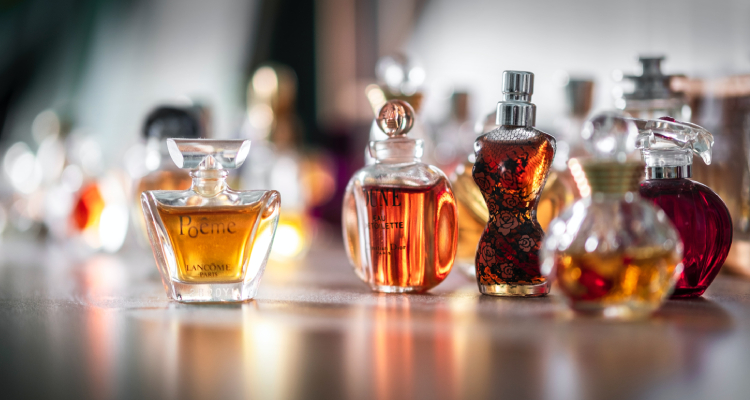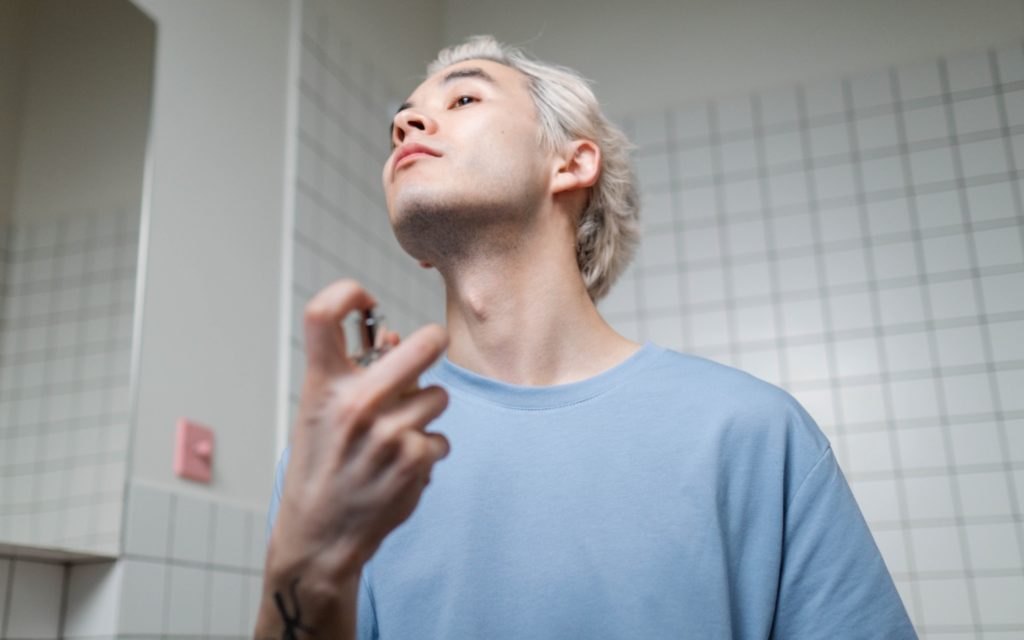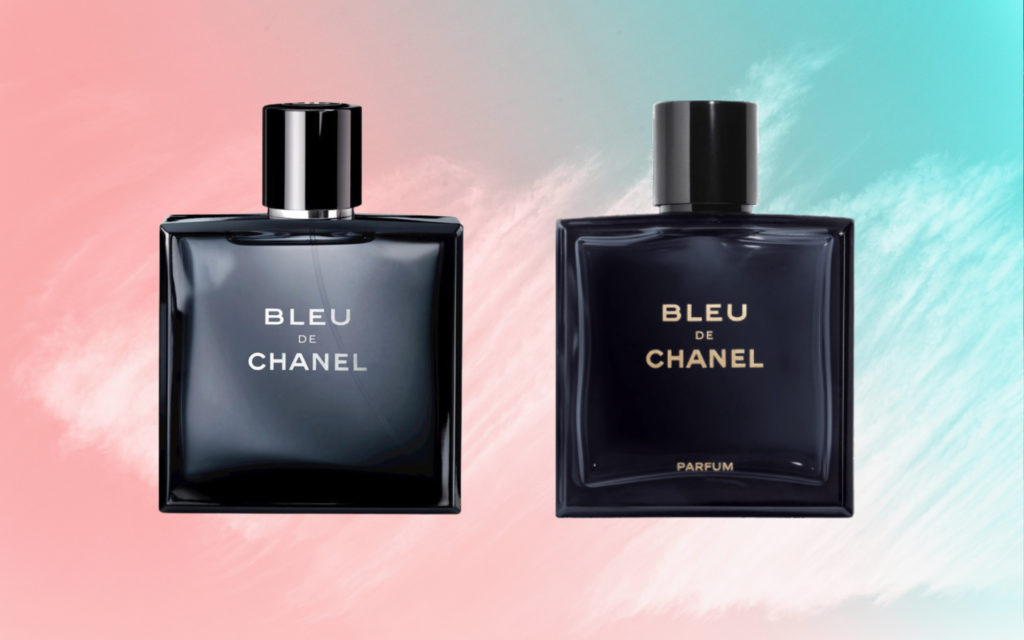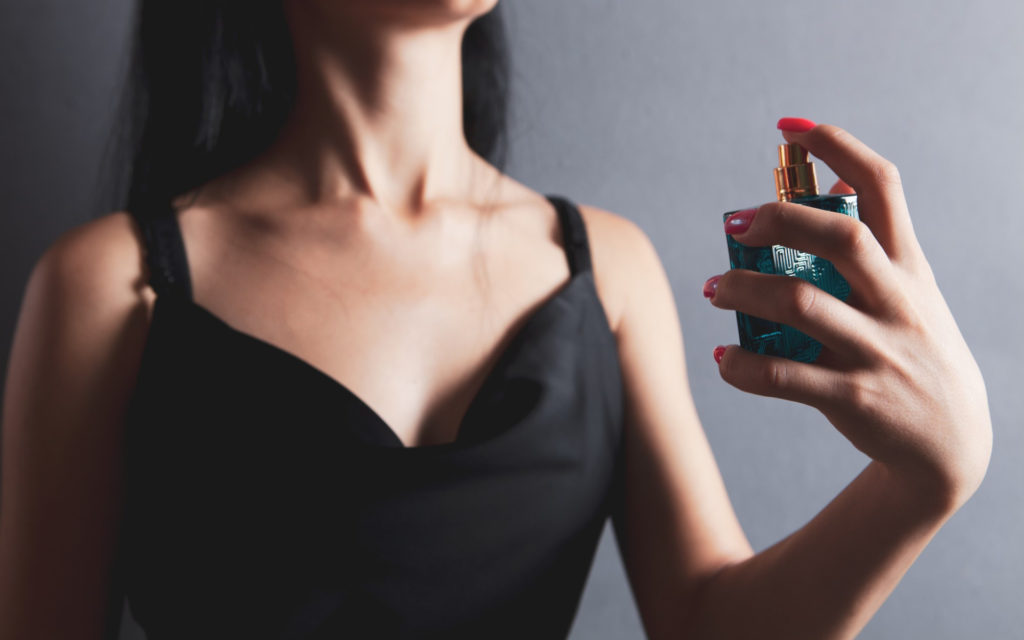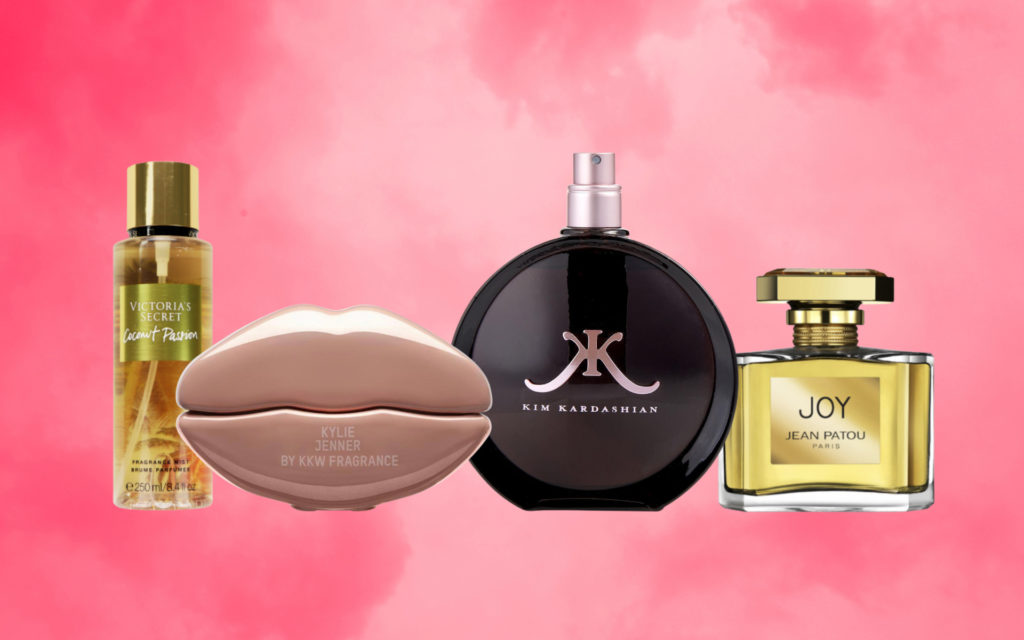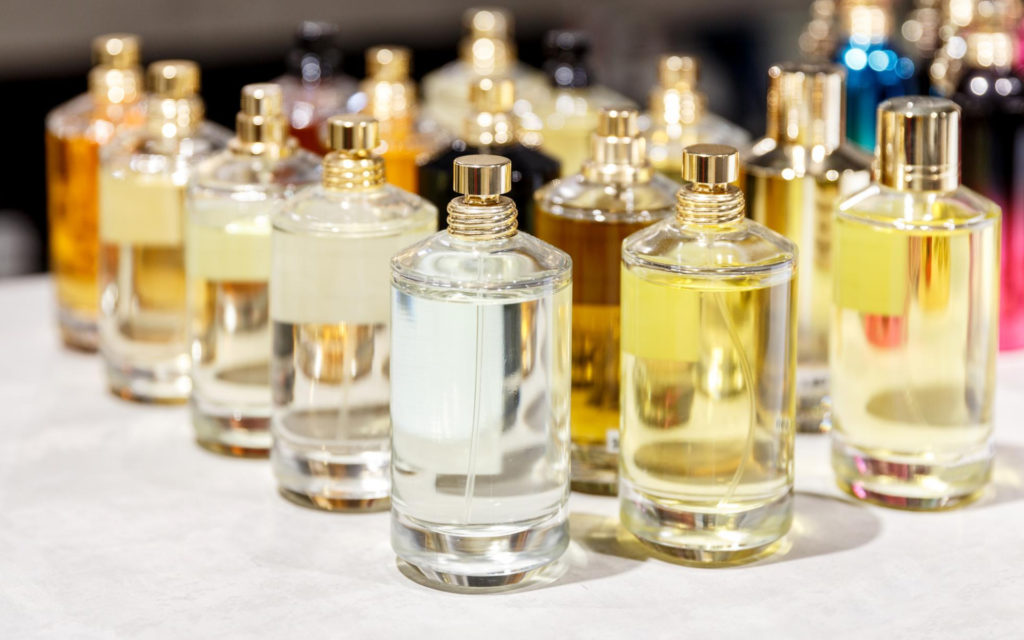If you’re just diving into the wide world of fragrances for the first time, or even if you’ve been a perfume enthusiast for a while, the looming threat of knockoff perfumes can be an intimidating landscape. Fake fragrances have become a major problem in the perfume industry, and counterfeit perfumes are showing up on the market more than ever before.
So when you’re shopping for a fragrance for yourself or a loved one, how can you tell if a perfume is fake? And is there that much of a difference between fake and authentic perfumes? Let’s look at answering these questions and sharing some easy ways to tell if a perfume is fake.
Where are fake perfumes being sold?
With counterfeit perfumes becoming more and more commonplace, you can find them in a range of places. Cash-only flea markets are one of the most common counterfeit hubs, for perfumes as well as other luxury items.
They’re also on the rise in major online marketplaces like Ebay and Amazon. It’s easy to forget that many sellers use these platforms to distribute their products and that the sites don’t offer any sort of guarantee of authenticity.
You may also find counterfeit fragrances in lower-end department stores that thought they were getting a good end-of-line deal. The unfortunate reality is that while the retail staff at these department stores are trained in customer service, they’re not fragrance experts and might not necessarily know that they’re selling counterfeit products. That’s why it’s so important to be mindful and try to shop only at retailers who you trust.
Are Fake Perfumes Always A Bad Thing?
But if it’s possible to buy a perfume that smells and looks the same for a discounted price… is secretly buying fake perfume really such a bad idea? It’s undeniable that knockoff prices are more attractive than brand name prices, but what are you actually paying for?
Cheap counterfeit fragrances use lower quality synthetic ingredients, and they use them in lower concentrations, too; this means that your scent will smell thinner and more one-dimensional, and it will dissipate a lot faster. Plus, fake perfumes tend to be more irritating to the skin.
Genuine fragrance brands have specific health and safety laws that each formula must pass through before it can be sold; imitations aren’t regulated in the same way.
Major perfume brands such as Chanel often have long-standing relationships with the people who grow and develop their ingredients, such as rose and jasmine farmers in rural France. This means that they make sure to get the best quality ingredients possible and that they’ve tested their formulas many times to make sure that the variety they’re using is exactly the right one for that recipe.
Counterfeiters, by contrast, use cheap off-the-shelf synthetics. Ensuring you buy an authentic perfume will always mean a higher quality product.
How to Tell if Your Perfume is Fake
With all of that in mind, what can you look for in a fragrance that you’re buying to make sure it’s authentic? Here are a few tips and tricks to ensure you’re getting a real product and not a fake.
Buy from Reputable Sellers
The absolute best way to make sure you’re getting an authentic perfume is to purchase it from a retailer you trust. Wherever possible, try to buy directly from the manufacturer. Going to their brand shop is a lovely experience and gives you the added benefit of having staff who have been specially trained in everything that brand has to offer, so they can answer all your questions and guide you in the right direction.
If you don’t live in a big city and can’t go to a boutique, or you prefer to do your shopping from the comfort of your own home, you can also visit the brand’s website. When you buy from them directly, you’re guaranteed an authentic product.
If neither of these are an option for you, you can look at trusted third-party websites that have amassed a positive reputation in the fragrance industry. This may take some digging and comparing reviews from people who have shopped with them. Scentbird and Surrender to Chance have great reputations, as do specialist retailers like Sephora and high-end department stores like Harvey Nichols or Saks.
Do your Recon
Do some online research before you shop on what your chosen scent is supposed to look like, how big the fonts and labels are, where the barcodes and serial numbers are placed, etc. Being forearmed with knowledge will make it easier for you to spot the giveaways that show something is a fake. You can also find out what the perfume is supposed to smell like — its notes — so that you’ll be able to tell if something seems really off.
By reading reviews of your chosen perfume, you can also get an idea of how strong the scent is and how long it lasts, so you can compare its performance to the perfume you’re trying out.
Check the Outer Packaging
The packaging is often the biggest giveaway of a fake perfume. Counterfeiters don’t have as much money to spend on their outer packaging or their perfume bottles (more on that below), and they’re also trying to get out as many products in as little time as possible. This means that their materials will be cheaper, and they won’t be as attentive to small details as larger brands will.
Look at the spelling of both the brand and the perfume’s name; sometimes counterfeiters will misspell these deliberately so that they can claim to be a similar, competing brand rather than a fake — this protects their legality. Every perfume box should have a barcode and serial number; some brands might also include a hard-to-fake holographic design on their boxes to protect against fraudulent imitations.
Many perfumes will also come wrapped in protective cellophane. This is as much a part of the presentation as anything else, so perfume brands will make sure the outer wrapping is neat and tight with perfect edges. On the other hand, fake perfumes will often be wrapped in cellophane that looks loose and rushed.
Check the Perfume Bottle
Perfume bottles are a big deal. Any fragrance enthusiast knows that the luxury of a well-designed flacon is half of the experience. There’s even an industry award for the most beautiful perfume bottle each year!
More than just an afterthought, fragrance brands have a lot of pride in their perfume vessels.
When you’re looking at the bottle, see if there are any obvious, uneven seams where the glass is joined together, if there are any air bubbles trapped inside, and if two sides look carelessly mismatched.
The walls of the bottle should be even on each side and the labels, and any other decorative logos should line up perfectly. The spray and lid should also be of excellent quality. In short, anything less than a confident work of art is probably a fake.
Check the Scent
Now it comes down to the test that really matters: does it smell like real perfume? You won’t always be able to test the fragrance before you buy it, but if you can, try it out on your skin and wear it for an hour or two.
Fake perfumes will usually evaporate very quickly, and they’ll smell harsh and alcoholic. If you’ve researched the perfume a bit before shopping, you’ll have an idea of what perfume notes and what sort of performance to expect, so you’ll know if something seems really off.
Also, be aware of the way your skin reacts to the fragrance. If it starts to show signs of irritation, it’s probably a fake.
Bonus Tip: Shop Independent
Yes, it can be an absolute thrill to wear something from Chanel or Dior or Jean Patou, cementing your place in a long, proud luxury heritage. But these industry megaliths are also the fragrances most likely to be counterfeited. Instead, why not consider buying your perfume from an independent artisan perfumer?
There’s an amazing next generation of niche fragrances that are only available from the perfumer’s personal boutique or websites, such as the American Sonoma Scent Studio, French Matiere Premiere, or English Sarah Ireland Perfumes.
When you shop at these independent fragrance brands, you know that you’re getting an authentic, handcrafted scent, you’ll be wearing something almost no one else has, and you’re supporting perfumery as a rising art form.
In conclusion
Knockoff perfumes have become an industry endemic. Not only are they of vastly inferior quality, but they’re also genuinely unhealthy to wear and detract from the hard work and creativity that master perfumers have put into creating their products.
By taking a few mindful steps to authenticate your fragrance, you’ll know that you’re getting the best quality product and recognizing fine fragrance for the valuable art form that it is.
